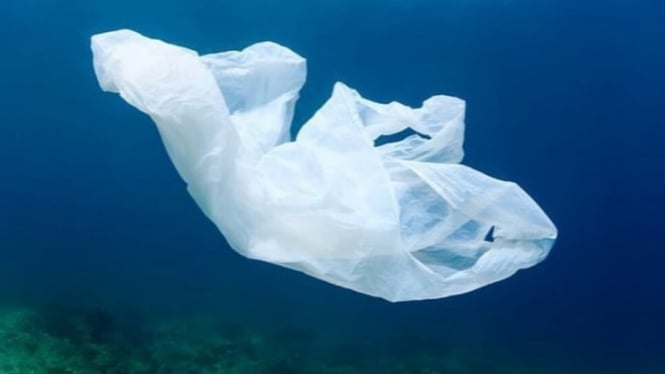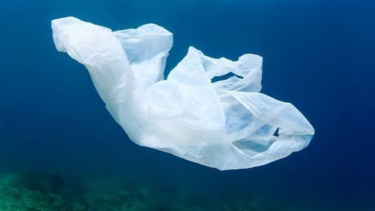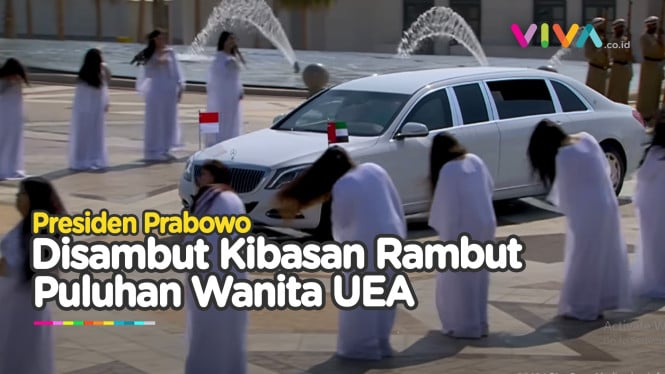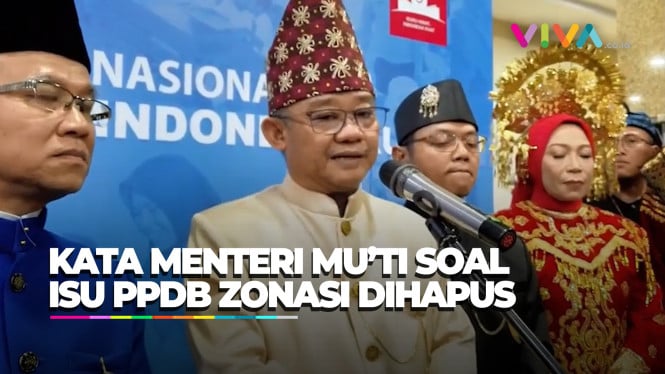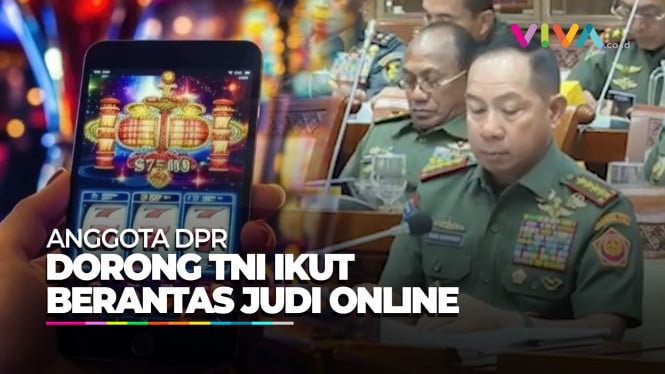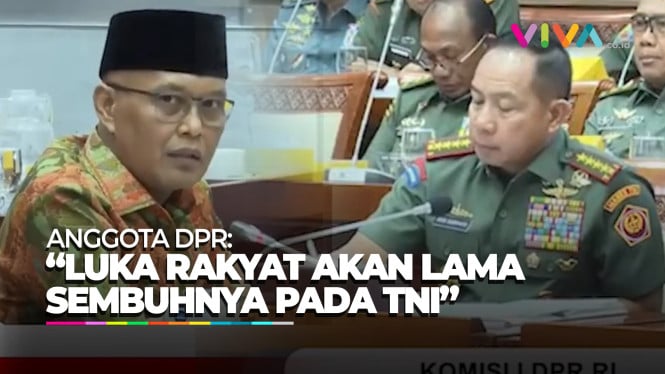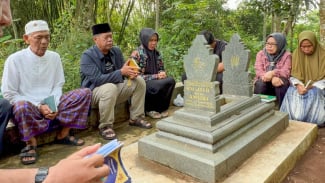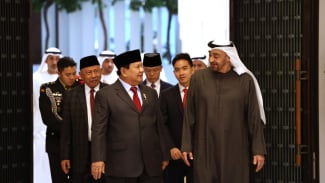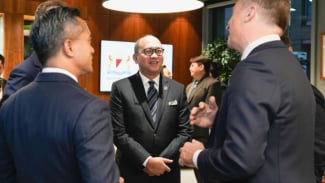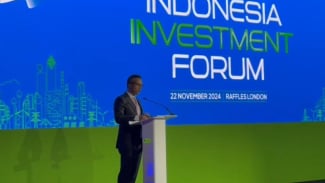Government Tackles 200,000 Plastic Waste from Entering the Sea
- U-Report
VIVA – The Indonesian government successfully tackles more than 200 thousand tons of plastic waste from entering the sea in the 2018-2022 period by reducing, reusing, and recycling (3R) the waste.
Director of Pollution Control and Coastal Marine Damage (PPKPL) at the Ministry of Environment and Forestry, Dasrul Chaniago said that "Eighty percent of the sources of waste in the sea come from land,"
According to him on Monday, in Sanur, Bali, hundreds of thousands of tons of plastic waste have been collected through waste banks and company activities focused on recycling plastic waste.
Laut Indonesia Darurat Sampah Plastik
- ANTARA FOTO/Dedhez Anggara
Even though ASEAN member countries have been actively participating in efforts to prevent the flow of plastic waste into the sea, the Ministry of Environment and Forestry has invited them to accelerate the control of plastic waste on land.
Plastic waste in the sea has become a serious problem for the environment and has a negative impact not only on the environment, but also socially and economically on sustainable development, Chaniago explained.
Through the meeting organized through cooperation between ASEAN and Germany (German Agency for International Cooperation or GIZ), Indonesia is hoping that member countries will develop regional steps and interventions to strengthen the ASEAN Regional Action Plan (RAN) for 2021–2025 in terms of handling plastic waste at sea.
He also stated that Indonesia already has a RAN for Marine Plastic Waste for the 2017–2025 period, which includes direct 3R efforts focused on sources of waste on land.
Moreover, he urged the public to cut down on the use of plastic, which is widely used for packaging food, and reduce the use of styrofoam containers.
"We must change our behavior and habits, (only) then can we reduce waste from the ground going into the sewers, rivers, and the sea. We must reduce the use of single-use plastic first," he stressed.
Meanwhile, the deputy secretary general of ASEAN for sociocultural community, Ekkaphab Phanthavong, also noted that handling plastic waste at sea is an urgent need and joint efforts are required to deal with the crisis through the ASEAN Regional Action Plan (ASEAN RAP).
"Implementation of the ASEAN RAP requires coordinated action," he added.

